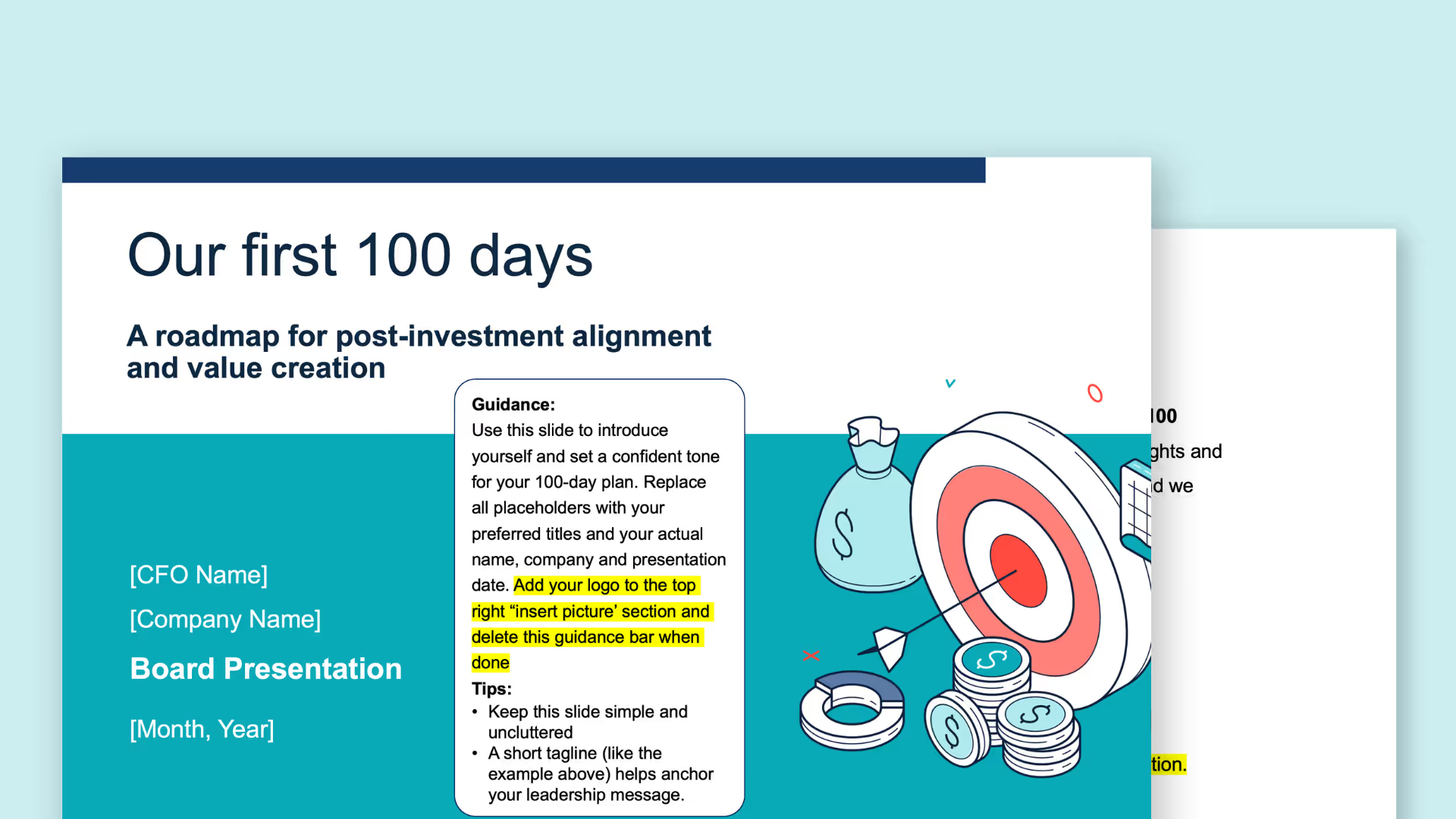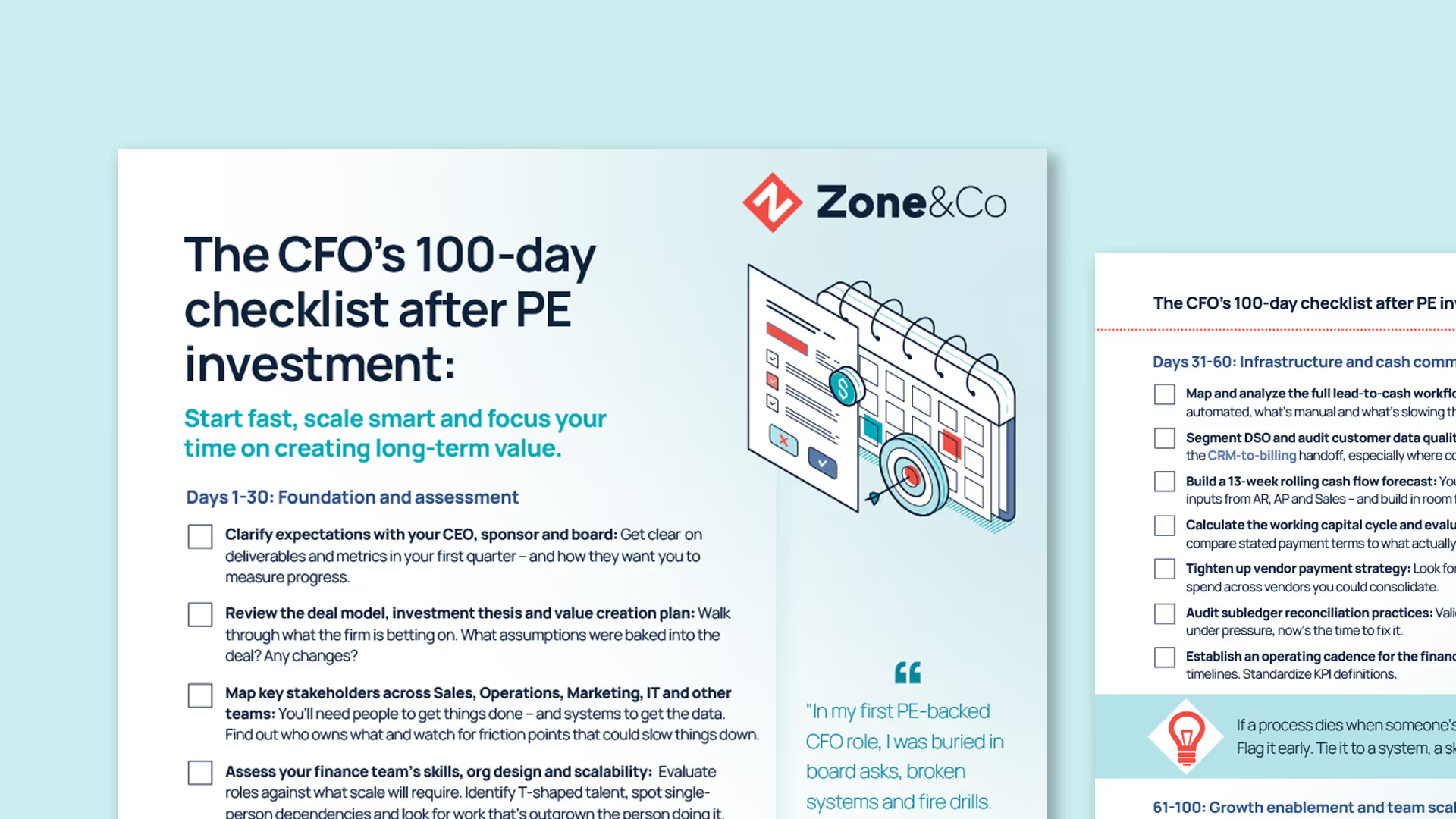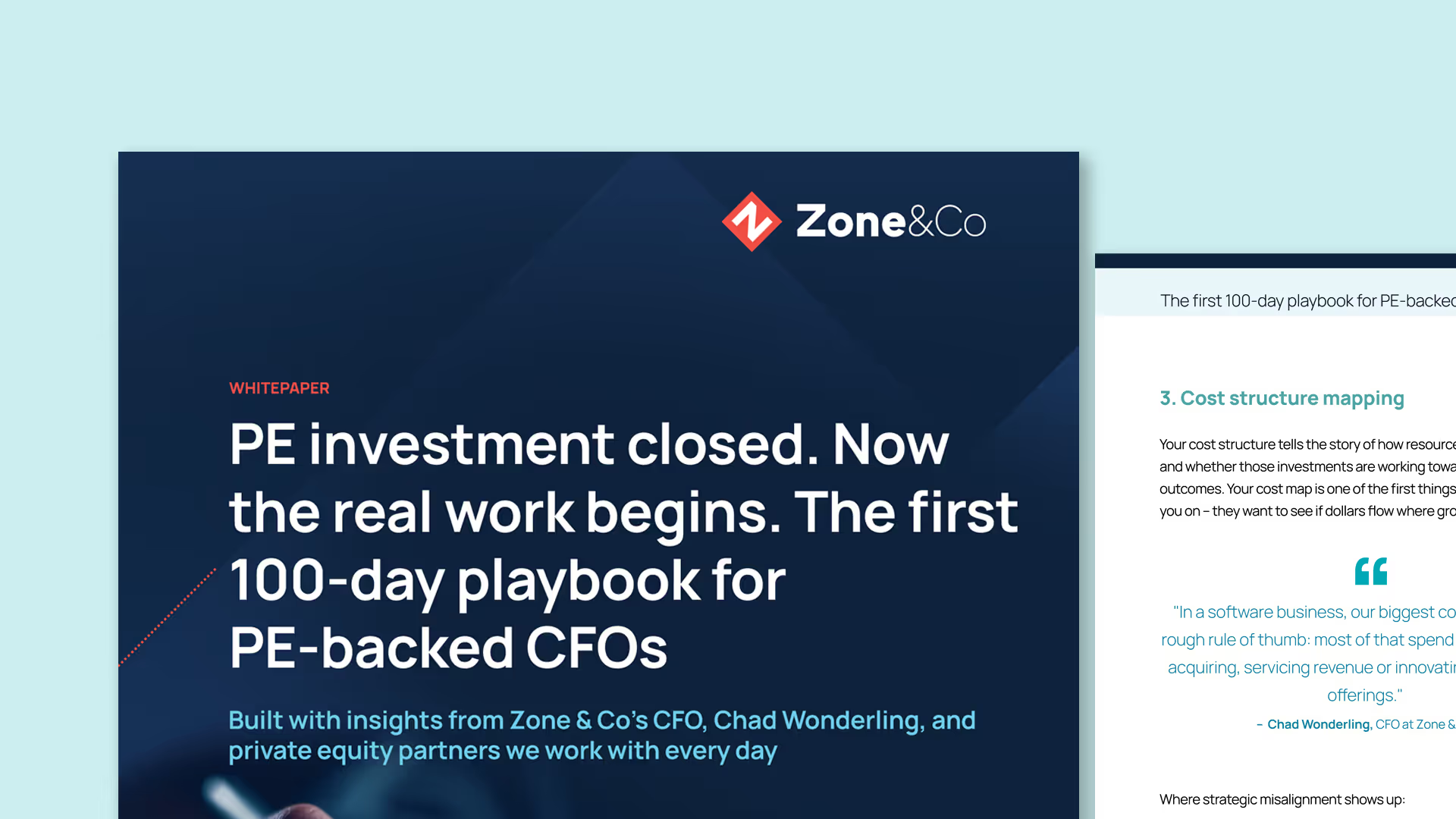NetSuite, Payroll, & Integrated HR

Zone & Co acquired Infinet Cloud in May 2023. Please be aware that any prior mentions of Infinet Cloud, including the content below, now pertain to the unified entity.
We are often asked, ‘Does NetSuite offer an HR Module?’ or ‘Can I integrate my HR solution (Bamboo, AN Other) with payroll in NetSuite?’. There are a few factors to consider in relation to these questions, but the short answer to both is yes, absolutely!
NetSuite remains the only solution in its space to offer businesses a completely unified platform to manage everything from financials to inventory, projects, and e-Commerce. Given that almost every business (we hope!) would say that its people are its most important asset, this article reviews the options and approaches to gain the same level of insight and control into your employee data as you do for all other areas of your business within NetSuite.
Does NetSuite Have Payroll?
Yes. But your options are determined by the countries in which you need to manage payroll. Every country (and in some instances like the USA, each state or region) has its own payroll and tax legislation combined with varying levels of requirements for electronic submissions to the governing body.
If you’re in Australia, New Zealand, or the UK - you’re in the right place! We are NetSuite’s preferred payroll software provider in these regions, and the only native SuiteApp available.
Our on-platform payroll solution is developed solely for NetSuite and is compliant with all Australian, New Zealand, and UK regulations. Trusted by 700+ NetSuite customers, our software provides every feature you need to manage your payroll natively in NetSuite whether you pay 10 employees, or 10,000. As it is developed on-platform it looks, feels and functions like NetSuite, and more importantly it allows you to analyze your most important cost as part of your core financial solution - one single system, reduced administration, and to-the-penny analysis.
Click here to read more about specific features, watch our 3 minute overview, arrange a chat with a NetSuite Payroll Expert, or tell us when your current arrangement is due for renewal and we’ll reach out to you at the right time.
If you’re in the US, SuitePeople Payroll is NetSuite’s own, native solution. We will discuss the full SuitePeople module in more detail later in this article when we look more into HR for NetSuite, but for now, the US remains the only jurisdiction where NetSuite have included payroll functionality as part of their solution. We’d recommend speaking to your AMO or Solution Provider for more information if this is of interest to you.
If you are looking to manage payroll in other regions you would most likely need to look for a local, standalone payroll solution which can integrate to NetSuite. Due to the complexity and local variations in tax and payroll legislation, it is impossible to offer a universal payroll solution without developing the functionality required for each country. Again, we cover integrations in a little more detail later in the article, but this would normally be achieved using an API from both NetSuite and the payroll software. Alternatively, a more traditional .csv file import and export routine can achieve a similar outcome.
Does NetSuite Have HR?
Yes, it does. The aforementioned SuitePeople module is NetSuite’s HR solution.
NetSuite’s entire business has been developed around the concept of a single database and interface which enables customers to run their business, end-to-end, with no unnecessary manual entry, and complete visibility of all critical data. HR or HCM was the final piece of the puzzle for NetSuite, and it made initial moves to incorporate this functionality into the core platform by acquiring TribeHR in 2013.
Shortly after the acquisition, NetSuite announced their plan to build SuitePeople. This would be derived from the functionality provided by TribeHR but, unsurprisingly, would be developed natively on NetSuite to ensure it aligned with the company’s founding principle of providing a single data source for its customers critical business functions.
SuitePeople was officially launched at SuiteWorld 2017, and the roll out of the platform since has been strategic and regional to ensure that the solution is legally compliant in different jurisdictions, but also localised to suit the cultures and practices of different countries.
Currently, SuitePeople is widely available in the USA and has been rolled out across EMEA for early adopters in the last few years. The UK is likely to be the first marketplace to be able to fully implement the solution as standard before the end of the year.
Having worked closely with the team at NetSuite over the last five years, our software functions natively as part of SuitePeople within Australia, New Zealand and the UK to ensure that you can manage finance, HR, and payroll completely within the one system.
Again, we would suggest reaching out to your NetSuite AMO or Partner Account Manager to answer more specific questions regarding availability and pricing.
Can I Integrate my Existing HR Solution with NetSuite?
It ultimately depends on which solution you wish to integrate, and what data you want to share between the systems. The first thing you should do is ask your HR software provider about their integration capabilities – if they offer integrations this would usually be via file import and exports (.csv or .xml) or more commonly nowadays via an API. NetSuite offers the capability to do either, but you may need a middleware piece of software to automate the file import and export if that is the preferred option.
It can be easy to get lost in the technicalities, however at a high level, integrations are pretty simple.
You have two databases which are made up of a number of fields. There will be common fields between the databases, they may have different names in each system (e.g. First name and Contact First Name) but ultimately they refer to the same data. Normally with HR, the highest number of shared fields will be on the employee record in NetSuite (name, address, DOB etc.)
There are then fields which will be unique to each system. In the case of HR, it is most likely that there will be a number of fields and screens which exist in the HR system but do not exist in NetSuite. For example, these may relate to recruitment, medical conditions, or performance management. Unless you have SuitePeople, NetSuite will not tend to have these fields as standard. Fortunately, NetSuite does allow you to create custom fields which can also be used for integrations, so if there are fields in your HR solution you wish to see in NetSuite via an integration, you can easily create them in NetSuite to ensure consistency.
Once you have defined (and if necessary, created) the fields you wish to integrate between both systems, it is simply a process of mapping the fields with each other via the optimum technology for integration (import/export or API). The actual technical part is pretty complicated, so it will require administrators and probably consultants or developers from both sides to speak with each other.
Can I Integrate my HR with Payroll in NetSuite?
The same answer applies here – it depends on specifically what you are trying to achieve and which solutions are in the discussion. But again, providing that each component (HR Software, Payroll Software & NetSuite) offers the ability to integrate, then yes, it is possible.
The integration conversation may be slightly more complex if the payroll and HR solutions in question are both standalone from NetSuite. This is purely because it introduces a third consideration for mapping.
In this instance, HR may call it ‘First Name’, NetSuite ‘Contact Name’, and Payroll ‘Employee Name’.
Speaking from an Infinet Cloud perspective, our software is developed as part of the NetSuite platform, so when discussing the possibility of integrating HR with our payroll software, you are really talking about integrating HR with NetSuite (which our payroll solution happens to be a part of). We have integrated with a number of HR solutions for existing customers, including Bamboo HR and AN Other, and this is normally carried out via an API integration between the HR solution and NetSuite, taking our fields and processes into consideration.
There are a number of advantages to this approach. The simplest being that you remove gaps between systems and eradicate the possibility of errors or fraud. More importantly, you achieve greater visibility of everything in your business within your core management solutions.
What is the Difference Between Payroll & HR?
Whilst there is a lot of common ground between payroll and HR, we do see there being some fairly distinct differences in terms of the priorities and responsibilities of each function.
For us, payroll, whilst intrinsically linked to the ‘people’ element of a business, is ultimately a finance function. Payroll is normally the biggest cost in a business, if it’s not the biggest it’s certainly in the top three. The whole process is specifically about money leaving the bank account, and those payments make a pretty significant impact on the General Ledger, so it has to be viewed as a finance function.
From our experience, most companies who invest in NetSuite do so due to the unified database, the efficiencies this introduces to their business, and the increased visibility it provides into critical operational and financial data to drive better decisions. Surely you would want to manage your most important cost as part of that set-up?
HR, for us, focuses more on the ‘people side of managing people’. It’s not uncommon to hear HR solutions being referred to as ‘proper HR solutions’ in the industry, and the definition of ‘proper’ really boils down to the question: are you using a software solution to manage your people and optimise their working life (proper), or do you just have an employee database?
If the situation is the former, the system would normally be used to manage almost every element of a person’s interaction with the business, from recruitment through to promotion and ultimately termination, specifically without managing the financial impact of the person on the business. Whilst salary is an important part of that picture, from the perspective of HR it is only a part of the picture, and it tends not to be analysed in the context of the wider company financials.
Consider for a second the relationship between an inventory manager, the inventory management system, the finance team, and the financial management system. (This is a slightly extreme comparison to make our point, but we think it’s worth it!)
The inventory manager is primarily responsible for ensuring the company has the stock it needs, in the right place, at the right time to fulfil orders and optimise performance. Whilst they will have visibility of invoices and unit costs, it would not normally be the inventory manager’s responsibility to actually pay invoices for goods received or calculate margin on sales based on purchase price – this would be managed by the finance team, with input from the inventory team if required.
Having both functions managed in NetSuite certainly ensures better visibility for both teams, less duplicate processing to get the correct information and a complete picture of the inventory in the context of the business financials, but the financial impact and management definitely lies with the finance team.
For our comparison, HR should rightfully manage everything relating to the people within the business, but ultimately work closely with the finance team to execute accurate pay runs and make better decisions about the people within the business based on a complete data set.
Summary
If you have invested in NetSuite to increase efficiency and improve visibility across your business, we think it makes sense to include the management of your people within that set-up. As discussed, they are your most important asset.
The options of what you can manage natively in NetSuite are currently dictated by your location and the countries you need to manage processes in, however where possible we would recommend opting for a solution which is native to NetSuite as it is the only way to truly operate from a single data source.
Integrations are almost always an option for external databases providing there is a way to automate the transfer of data out of the solution. APIs are the most common and probably the most secure and efficient way of managing integrations at the moment and most modern software solutions have this as standard, although it does often require a developer from both sides to configure the integration. Alternatively, you can normally arrange a file import or export routine, but this is now a slightly outdated practice, results in a slight delay in the transfer of data, and again this would normally rely on some middleware and input from developers or administrators to automate the transfer of files between systems.
FAQs
Recommended resources
Get a Personalized Demo Today
Start a conversation with an expert who asks thoughtful questions and shows you how Zone & Co can solve your unique problem.






